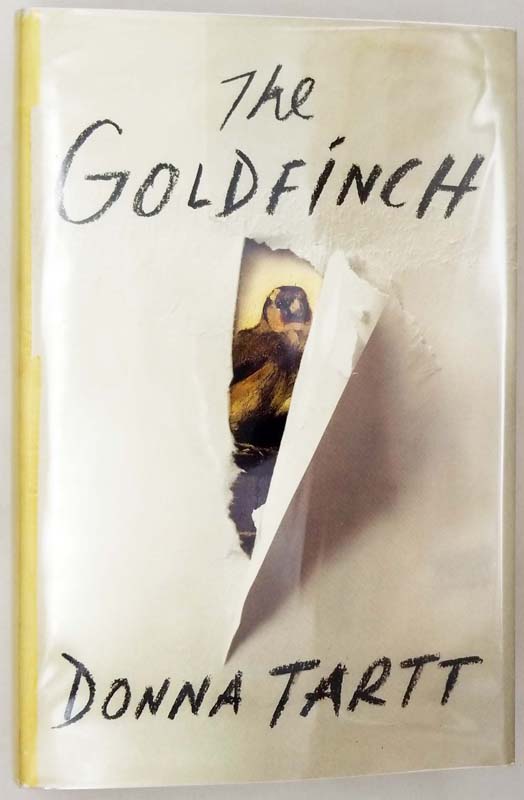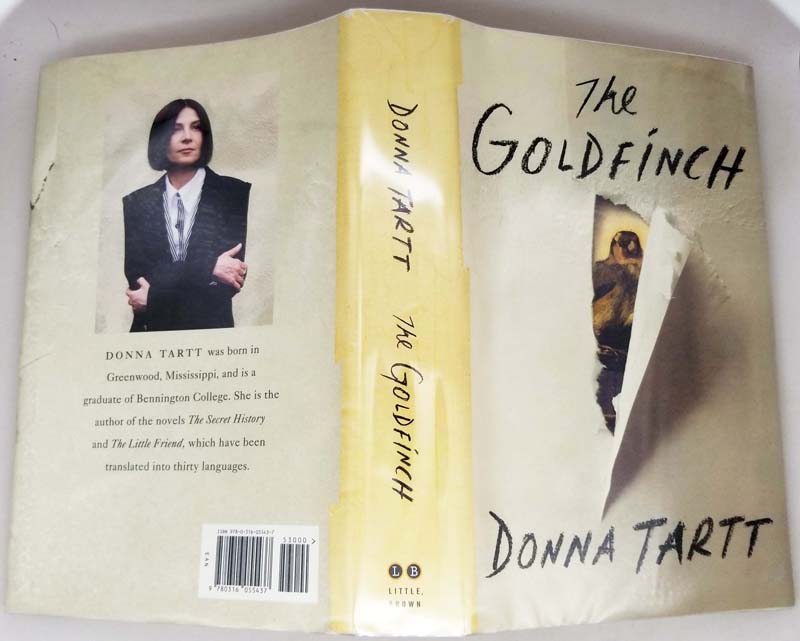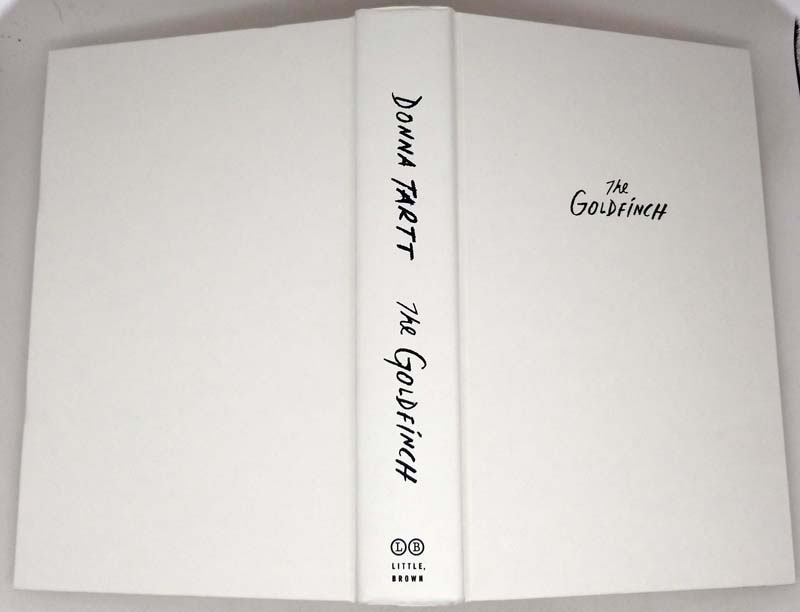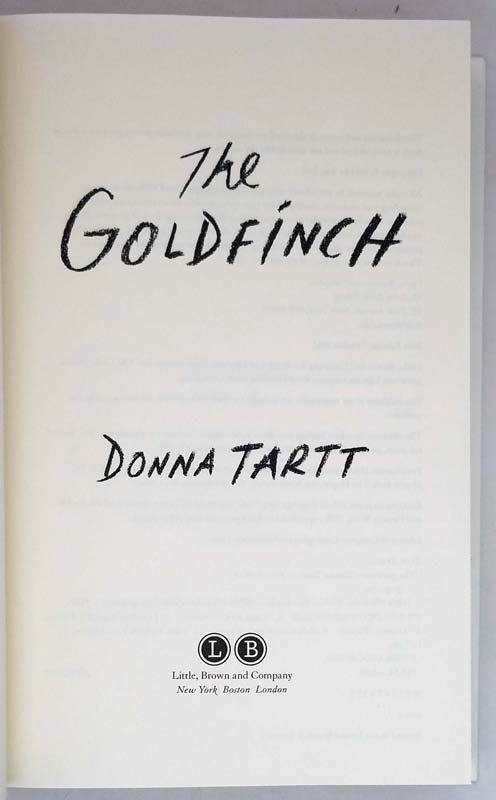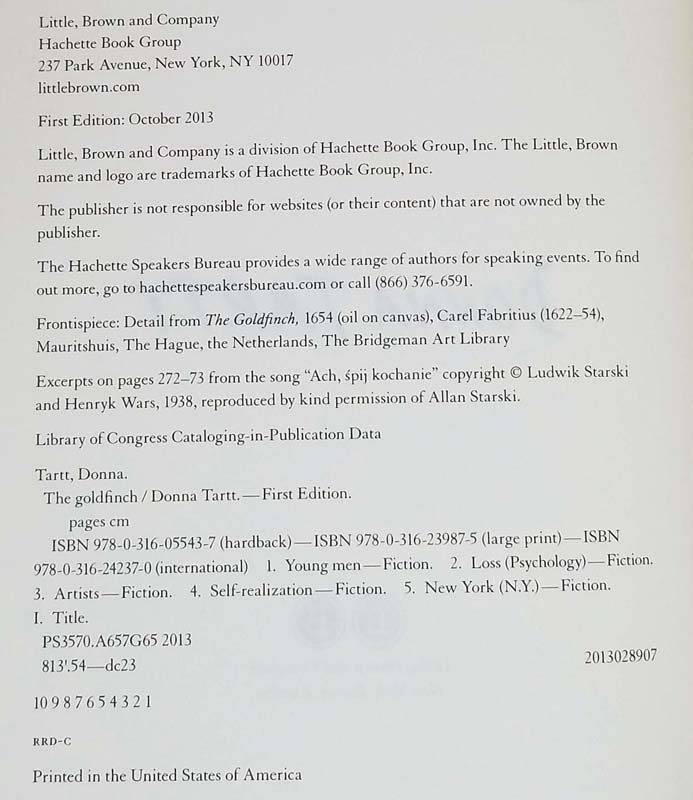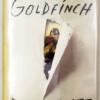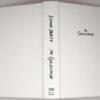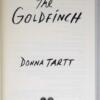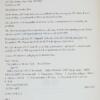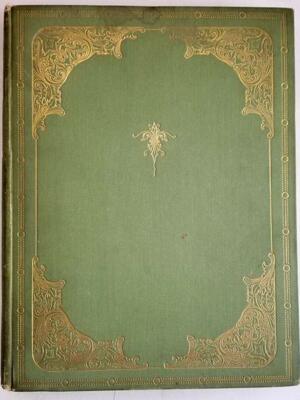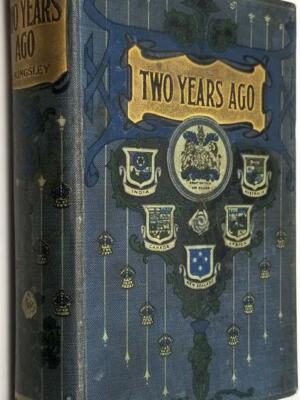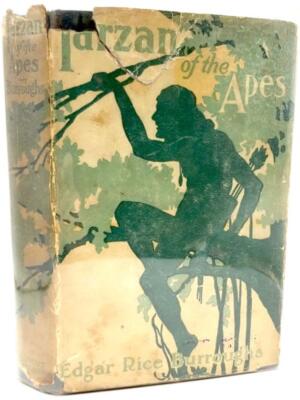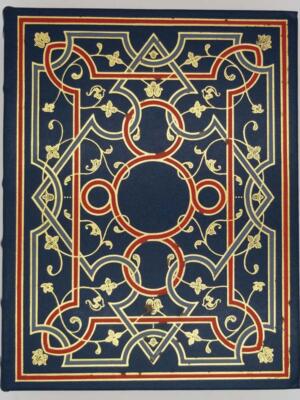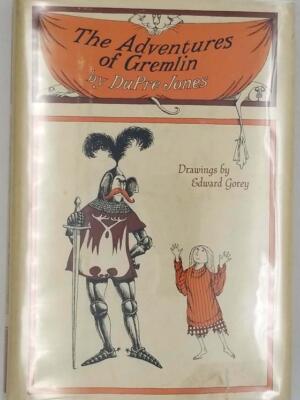The Goldfinch (2013) by Donna Tartt is a sprawling, Pulitzer Prize-winning novel that weaves together themes of art, fate, and moral ambiguity into a gripping coming-of-age epic. The story follows Theo Decker, who survives a terrorist bombing at the Metropolitan Museum of Art that kills his mother—a tragedy that leaves him orphaned and in possession of The Goldfinch, a priceless 17th-century painting by Carel Fabritius. This small, luminous masterpiece becomes both a talisman and a burden, anchoring Theo’s life as he spirals through a series of tumultuous events.
From the privileged yet sterile Upper East Side home of a wealthy friend to the dusty, chaotic antiques shop of Hobie (a kind-hearted restorer who becomes a father figure), Theo’s journey is marked by loss, addiction, and existential despair. His fate becomes entangled with Boris, a reckless Ukrainian teenager, and Pippa, another bombing survivor who becomes his unattainable romantic ideal. Tartt’s Dickensian plotting—complete with coincidences, criminal underworlds, and moral reckonings—culminates in a tense art-world reckoning in Amsterdam, where Theo confronts the consequences of his choices.
At its heart, The Goldfinch is a meditation on beauty’s power to haunt and redeem, asking whether art can justify a life of suffering. Tartt’s lush, immersive prose and psychological depth make Theo’s flawed humanity achingly real.
Pulitzer Prize for Fiction (2014), praised for its narrative sweep but debated for its length and moral resolutions.
“Tartt’s goldfinch isn’t just a painting—it’s the weight of the world, gilded and fragile, in the palm of a broken boy’s hand.” — The New York Times
